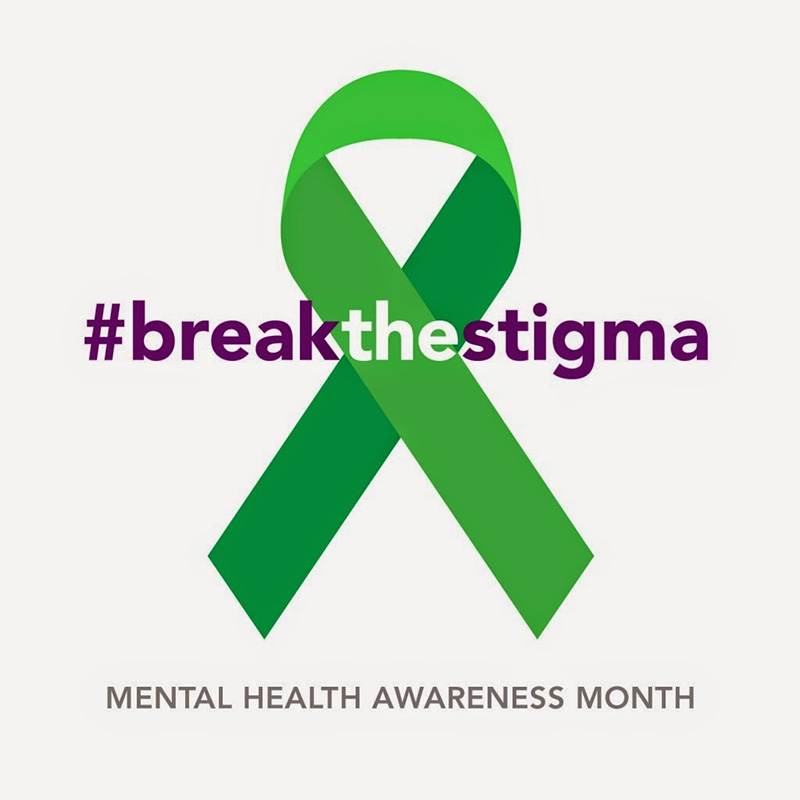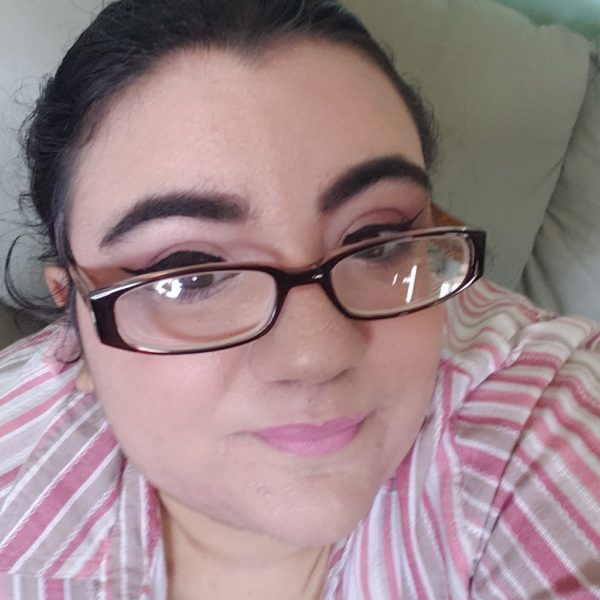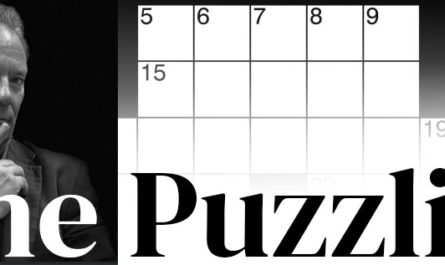What is Depression?
Depression is a common and serious mental illness that negatively affects how you feel, the way you think, and how you act. Depression does not necessarily mean you feel sad all the time. Depression can be expressed as aggression, sadness, or emotionlessness.
Symptoms
- Feeling sad, depressed, angry, and/or stern
- Loss of interest or pleasure in once enjoyable activities
- Sudden weight gain or weight loss
- Trouble sleeping- insomnia– or oversleeping- hypersomnia
- Loss of energy or increased fatigue
- Increase in purposeless physical actions (e.g., inability to sit still, pacing, handwringing) or slowed movements and/or speech
- Feeling worthless and/or guilty
- Difficulty thinking, concentrating, and/or decision-making
- Thoughts of death, suicide, and/or self-harm
Factors of Depression
Biochemistry: Differences in certain chemicals in the brain may contribute to symptoms of depression.
Genetics: Depression can run in families, whether from parents, siblings, or other relatives.
Personality: People with low self-esteem, who are easily overwhelmed by stress, or who are generally pessimistic are more likely to experience depression.
Environmental Factors: Continuous exposure to violence, neglect, abuse, and/or poverty can make people more vulnerable to depression.
Different Treatment Options
Before treatment, a healthcare professional (psychiatrist, psychologist, counselor, or therapist) will conduct a thorough diagnostic evaluation, including an interview and a physical examination. The evaluation will identify specific symptoms and explore medical and family histories, as well as cultural and environmental factors, to arrive at a diagnosis and plan the course of action.
Medication: An individual’s brain chemistry may contribute and/or be a factor to their depression. For this case, antidepressants may be prescribed to help modify their brain chemistry. Generally, antidepressants have no stimulating effect on people not experiencing depression when taken as directed. Antidepressants’ full benefits may not appear for two to three months. If there are no improvements of the symptoms after several weeks, the dosage may be altered, or another antidepressant will be put in its place.
Psychotherapy: Also known as “talk therapy,” psychotherapy is mainly used as an option for mild depression. For moderate and severe depression, psychotherapy is used alongside medication.
Electroconvulsive Therapy (ECT): This treatment option is for patients with severe depression who have NOT made any progress with other treatments. A brief electrical stimulation is given to a patient’s brain while under anesthesia. The patient will have this done two to three times a week, or about six to twelve treatments.
Specific Depressive Disorders
Seasonal Depression: The individual will feel depressed during colder months, or for a certain recurring period every year.
Premenstrual Dysphoric Disorder: The female patient experiences severe depression symptoms before menstruation; mood swings, irritability, tension, joint and/or muscle pain, and/or bloating.
Disruptive Mood Dysregulation Disorder: This occurs mainly in children ages 6-18. The individual will experience chronic and severe irritability, resulting in severe and frequent outbursts, which can be verbal or physical.
Persistent Depressive Disorder: Occurring mainly in children and adolescents, the individual will have a depressed mood for most of the day, for more days than not, for at least two years. Symptoms include poor appetite or overeating, insomnia or hypersomnia, and feelings of hopelessness.
Always seek help as soon as possible!! If you or a loved one experience any of these symptoms, contact the closest health care specialist.
Herkimer College Counseling Center
Personal counseling is available on campus. It is free and confidential. To make an appointment, call the Counseling Center at (315) 574-4034, email them at [email protected], or stop by the office located in CA 130.
Hotlines:
National Suicide Prevention Lifeline: 800-273-8255 (24 hours a day, 7 days a week)
Crisis Text Line: Text “HOME” to 741-741 (24 hours a day, 7 days a week)
Emotional Support Helpline: 1-844-863-9314 (8 AM-10 PM, 7 days a week)
Resources:
American Psychiatric Association: https://apafdn.org/
American Psychological Association: https://www.apa.org/topics
Depression and Bipolar Alliance: https://www.dbsalliance.org/?cvridirect=true
National Awareness on Mental Illness: https://www.nami.org/Home
American Foundation for Suicide Prevention: https://afsp.org/
Source:
Torres, F. (2020, October). Depression. What is Depression? Retrieved October 3, 2021, from https://www.psychiatry.org/patients-families/depression/what-is-depression


 by
by 

